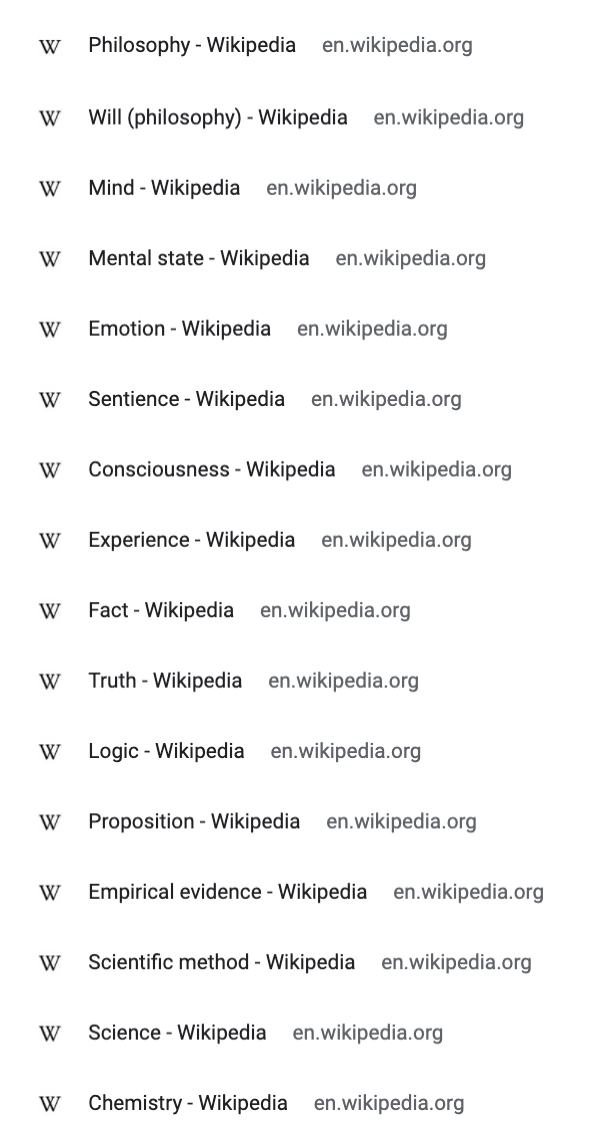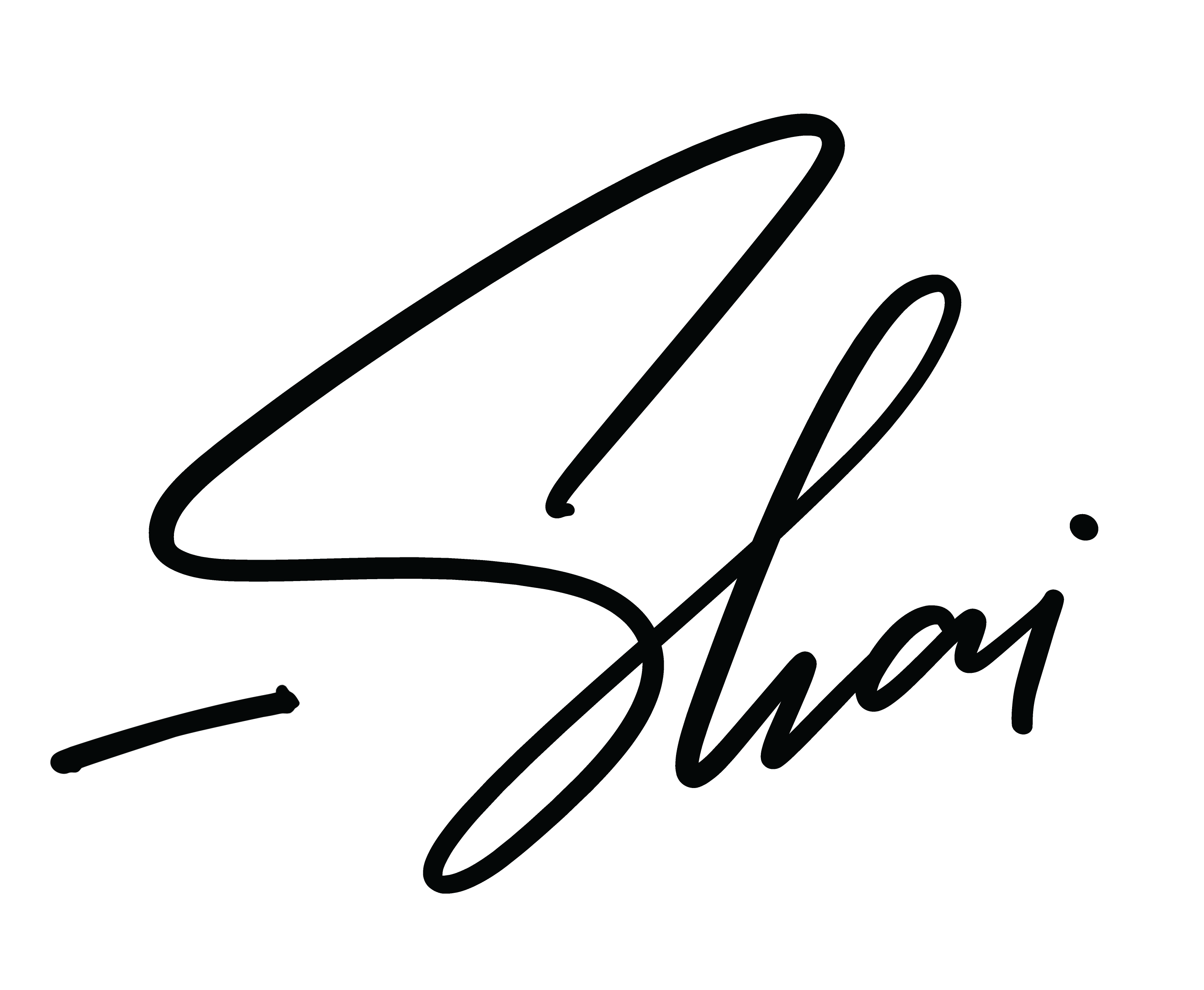Shai, you’re a nerd. You’re logical. You write code. I don’t get how you’re so into spirituality and self-transcendence and all that voodoo.
Great question! Firstly, my respect for science and logic isn’t because I have a set belief that science must be the ultimate truth. That would be dogmatic, and I don’t want to be dogmatic. I want to reason from scratch, with open curiosity.
My respect for science exists merely because I have respect for everything that exists… and science and logic seem to be useful models to help me operate in the world I find myself in.
As I seek truth (whatever that means), I find myself diving into deeper levels of abstraction.
In nerd terms, I learnt how to use an app (when they were still called computer programs, or executables)…
…and before long I wanted to understand how the app came to be.
So I discovered the existence of computer programming. High-level computer programming languages.
OK, cool. How did they come to be? How do they work? What is the space around them that allows them to exist?
And the answer is the lower-level programming languages, the operating system.
Before long you’re at the level of a processor and RAM and so on physically inside the computer.
But what’s the space that allows them to exist?
Ah—that’s the electronics. The switches. The transistors. The flow of electricity.
Zoom one more level out?
Now we’re at physics. Physical materials. Matter.
And one more?
Chemistry. Atoms.
And again?
Scientific method. Then logic itself, truth…
Zoom one layer down again and you quickly hit the edge of science and logic.
This isn’t a flaw of science and logic. Whatever science can tell us about the universe and our own existence, it would be naive to assume that right now after all these millennia is the exact point where science has figured out everything there is to figure out.
And the fact that the system of science exists in the first place requires a space for it to exist in. (See: Gödel’s incompleteness theorems.)
There will always exist a level further out.
The space that allows the science to exist.
It’s all about curiosity. If, like me, you’re curious about the nature of things, and even more so about the space between the things, it doesn’t take long before you follow the path to the edge of the universe, or the centre of the self (these sound opposite but aren’t at all), hit the edge, and want to know what’s beyond.
How is it possible that I can experience the world? That I can have a subjective experience of my thoughts and emotions? Science can explain that there are neurons firing and physiological changes and so on. But it can’t explain what it means for me to be, and to be conscious of it all.
You quickly reach philosophy. Sentience. Consciousness. Self-transcendence. A space that, because we need labels to understand things, we label as spirituality1 2.
This can be a difficult idea to get your head around. Impossible, in fact, because our mind literally can’t understand that which is beyond it3. To go back to an earlier example: it would be impossible to enter the space of understanding how transistors and electronics work if you were rigidly attached to the idea that all that exists is code. Likewise, entering the space beyond science—the spiritual space—is impossible when we’re attached to the idea that everything must be understandable by the mind and possible to reason about with science. But holding onto such an idea is dogma, and has no place in a curious being.
And it just happens to be an unbelievably beautiful space, once you let yourself in.
-
Interestingly I can pretty much map this whole journey through the abstraction layers onto a timeline of my life. Using computer programs: age 4. Programming: age 4. Hardware: age 13. Electronics: age 16. Consciousness: age 28. ↩
-
Also interestingly you can see a similar kind of journey moving down through the abstractions if you repeatedly follow the first link in Wikipedia articles. Read this browser history from bottom to top:
-
See Gödel’s incompleteness theorems, again, and remind me to tell you my analogies about dimensions and gorillas and ants. ↩

